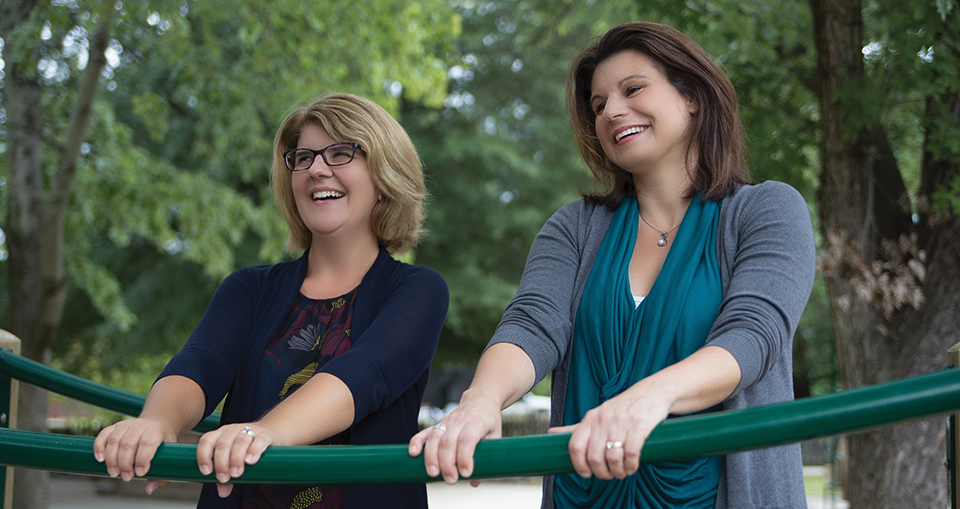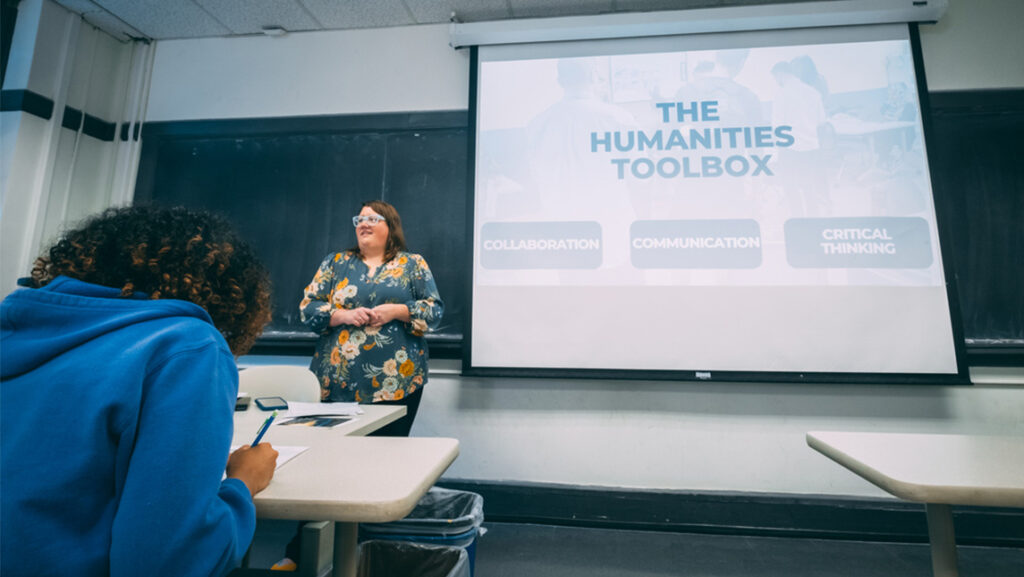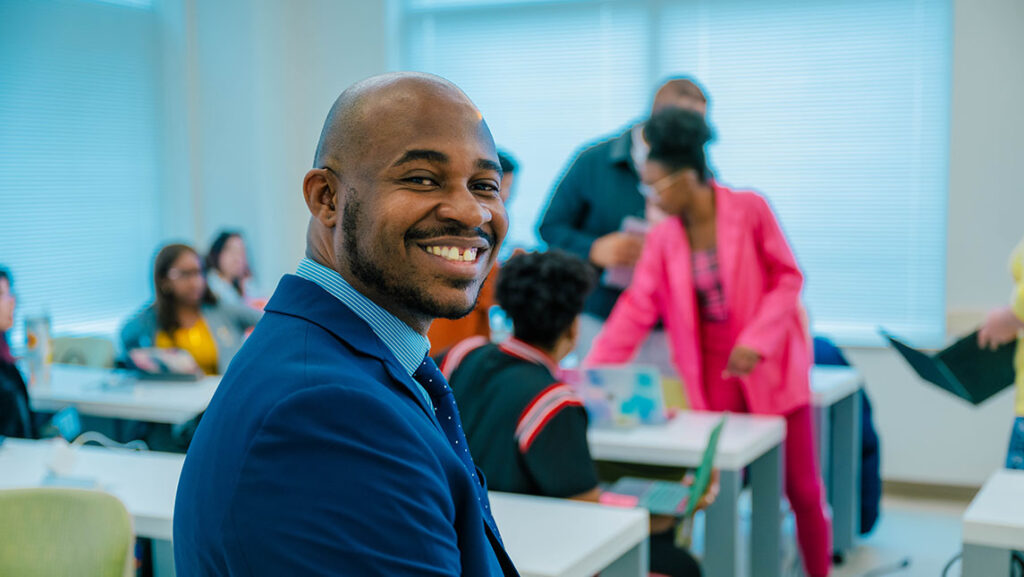Redacted from “Breaking down Barriers,” a fall 2016 Research Magazine feature
“Access to higher education begins in preschool,” says Dr. Mendez Smith, associate professor of psychology at UNCG.
“Early education experiences provide children with language, learning, and social skills they need for school success.”
As experts working with the National Research Center on Hispanic Children and Families, UNCG’s Dr. Julia Mendez Smith and Dr. Danielle Crosby are at the forefront of national research efforts examining barriers between Latino children and access to early care and education (ECE).
Latinos make up more than a quarter of all children five years and younger in the U.S., and more than two-thirds of Latino children live in or near poverty.
“Making an impact in this population makes a major impact on America’s future as a whole,” Mendez Smith says.
In a national study, Crosby and Mendez Smith found that only about one out of two Latino children are using ECE. Latino children from immigrant households used ECE at rates even lower than those of Latino children from U.S.-born households.
This lower use compared to whites and African Americans may reflect a lack of awareness of quality programs. Or it could reflect a lack of availability. Many of the parents studied worked at night and on weekends. For low-income Latino children using nonparental care, about a third of care hours occur during evening, nighttime, or weekend hours – times when child care centers and preschools are not typically open.
“This issue is important to study because parents need access to high quality and affordable childcare that is available when they need it,” Mendez Smith says.
Mendez Smith has conducted community-based parenting workshops over the past 15 years, most recently with McCrary Elementary School in Asheboro, N.C. Each month, she provides parents of kids in the Globe-Trotters Afterschool and Summer Enrichment Program with learning activities and strategies for building a strong home-school connection to promote academic success.
Programs for parents of young children, she says, have a major impact on the academic and social success of children from low-income Latino families.
She has found that Latino parents who immigrated to the U.S. are supportive of their children’s success in education and are willing to sacrifice by working long hours to help their children excel.
“There’s a real sense that if their children can acquire an education they can have a good life,” Mendez Smith says.
Redacted from “Breaking down Barriers,” a fall 2016 Research Magazine feature by Chris Burritt.



